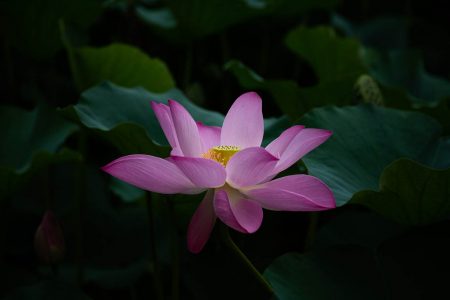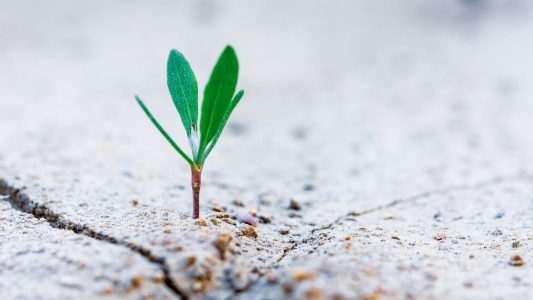
When we as a society begin to value mothers as the givers and supporters of life, then we will see social change in ways that matter.
~Ina May Gaskin
I work with women at different life stages and transitions and recently I’m seeing more and more women seeking prenatal acupuncture care to support the time surrounding childbirth. I’m thrilled that more women are coming to understand the value that acupuncture can have during this transformational time.
However, I also recognize that there is a need for more education around this process. I know this because many of the women I work with around fertility ask me questions about acupuncture during pregnancy. It’s often “Can I continue my treatments?” or “Is it safe?” or “How frequently do I need treatment?”
Safety first
First and foremost, I would not be writing this if acupuncture was not safe during pregnancy. It is safe, as long as you are seeking care from a licensed acupuncturist, ideally someone who treats pregnant women on a regular basis. As for frequency of treatments, that is determined mostly on an individual basis depending on the woman’s general well-being and areas of concern. Often for women who have challenges with conceiving, I recommend continuous acupuncture care through the first trimester.
Support beyond pharmaceuticals
I think women are inherently drawn to acupuncture during pregnancy because it offers drug-free relief for many common pregnancy related issues. This isn’t a complete list, but acupuncture can be effective for: morning sickness, fatigue, insomnia, sciatica, recurrent pregnancy loss, leg cramps, heartburn, constipation, anxiety and sinusitis.
This is great news, even for those who may be more hesitant to seek care outside of the mainstream medical model. With the rapid and sometimes unexpected changes that take place in early pregnancy, many are willing to try anything. Beyond that, what I really want to shed light on is the idea that acupuncture has the capacity to help women on all levels of being – physical, emotional, mental and spiritual – as they transition into the archetype of the mother.
Cultivating yin
This transition phase really begins the moment a woman decides to become a mother. So, ideally whenever that decision has been made is the time to start shifting self-care routines, lifestyle factors and diet.
Pregnancy is very much a yin state of being. Yin is inwardly focused, intuitive, cool, dark, watery and not so concerned with action. This can be challenging for women in western-centric cultures, who may be used to working long hours, pursuing other passions, being out in the world and spending more time in a yang state of doing. Both are valuable, so it’s not one or the other. It’s more a matter of embodying the essence of both as they are needed throughout the cycles of life. Pregnancy is a time of yin energy.
Working with an acupuncturist who has experience surrounding pregnancy and childbirth can help women navigate this transition and surrender more fully to their experience. In the work that I do, I see this as being a “pregnancy doula” alongside providing prenatal acupuncture care. Acupuncture itself is really powerful for helping women embody yin qualities by down-regulating the sympathetic nervous system and helping them discover inner resources.
Thinking bigger
Acupuncture, as well as Chinese herbal medicine, are really gaining recognition for their unique ability to address women’s health concerns, including fertility related challenges. As more women become familiar with this holistic approach and have positive experiences to share with other women, it influences not only the individual experience during pregnancy and childbirth but also the collective conscious around this period of transformation.
By shifting what women believe is possible for prenatal care and how they can find support, there is a softening that occurs around and within the process of pregnancy. Whether it’s through minimizing common pregnancy related complaints or by providing psycho-emotional support for processing the journey, acupuncture can support women to step into both their inherent softness and strength as they approach childbirth.
In the next post of this series, I will address the concept of “labor induction” acupuncture treatments and the role of acupuncture during childbirth. If you have any questions that you want to have addressed around these topics please email me!
Here are a couple of resources I used for this post:
The Essential Guide to Acupuncture in Pregnancy and Childbirth by Debra Betts
Supporting the Transition from Pregnancy to Parenthood: Labor Preparation and the 8 Extras (a class taught by Dr. Yvonne Farrell and Laura Erlich)





